| Industrial policy makes hydrogen the hot energy source |
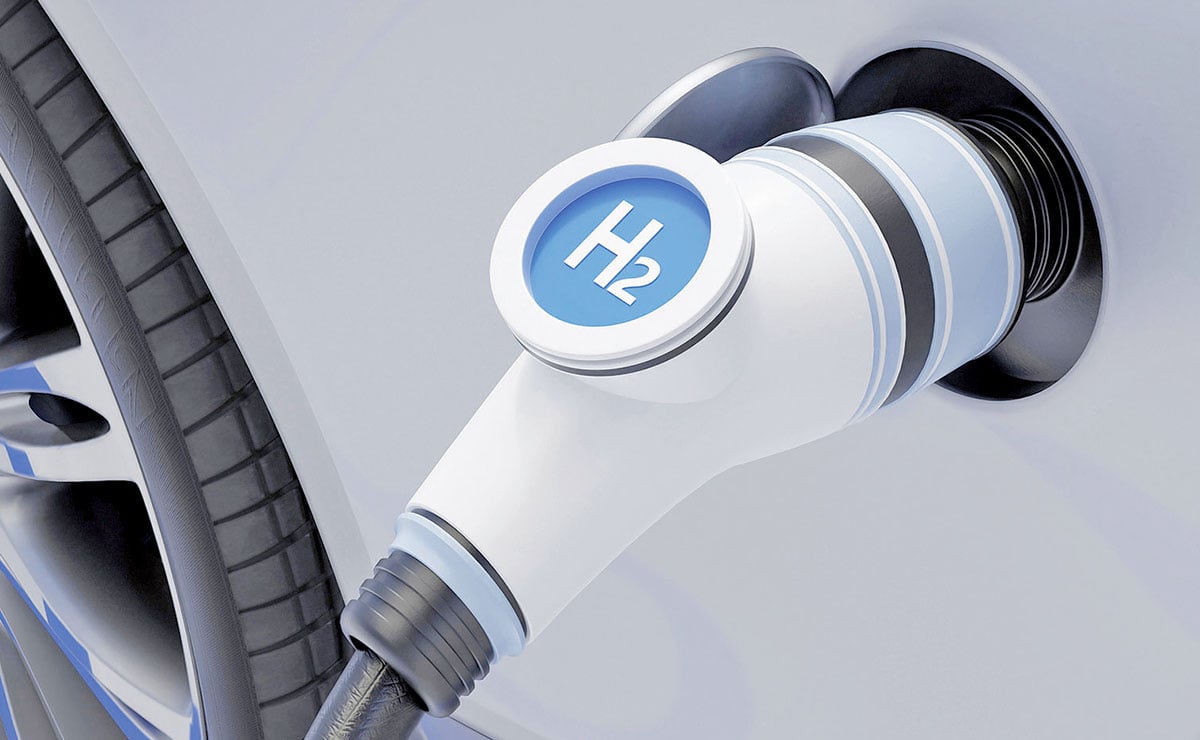
Always touted as the fuel of the future but never the present, the age of hydrogen is about to start.
Billions of dollars of federal subsidies are part of a massive industrial policy pushing the energy source. The Department of Energy is pouring $7 billion into a series of regional hydrogen production hubs to make sure that it’s available for transportation and heavy industry. It also plans to subsidize the price of hydrogen when produced with green technologies.
By subsidizing the production of clean hydrogen, the government is encouraging its use by the steel, cement, iron, ammonia, petrochemical and specialty-fuel industries.
But policymakers need to make sure the methods used to produce hydrogen are clean. Nearly all the hydrogen currently produced in the U.S. requires carbon-emitting energy sources.
Automakers have spent years developing hydrogen fuel cell passenger cars only to discover there’s almost no consumer interest. New-car buyers looking for zero-emission choices are opting for electric vehicles instead.
But the automakers aren’t wasting their investment. They are applying hydrogen fuel cell technology to heavy-duty trucks, stationary power sources and multiple other uses.
A back-door use for hydrogen — burning it in internal combustion engines — also is gaining traction, thanks to a proposed change in European Union environmental regulations. If enacted, the EU proposal would help build the volume manufacturers need to make the investment in hydrogen combustion engines and vehicles worthwhile. Automakers see the engines as a carbon-free option for big rigs, pickups and possibly high-performance sports cars.
This week, Automotive News‘ tech and innovation team identifies the challenges and opportunities for hydrogen fuel adoption in autos and adjacent industries. The industry’s vision for a zero-emission future is clear, and there are multiple paths to get there. Policymakers are ensuring that hydrogen will be one of the avenues.
— Jerry Hirsch, technology and innovation editor
 |
|---|

“We’re building momentum thanks to incredible customer response to our new trucks and SUVs, and strong execution of our business plan by the GM team, our dealers and our suppliers.” |
— GENERAL MOTORS CEO MARY BARRA IN A LETTER TO SHAREHOLDERS HERALDING GM’S SECOND-QUARTER NET INCOME RISE TO $2.6 BILLION |
|
From “GM reports 52% surge in Q2 net income, raises 2023 guidance a second time” |
 |
|---|
Automotive News Editors’ Picks:
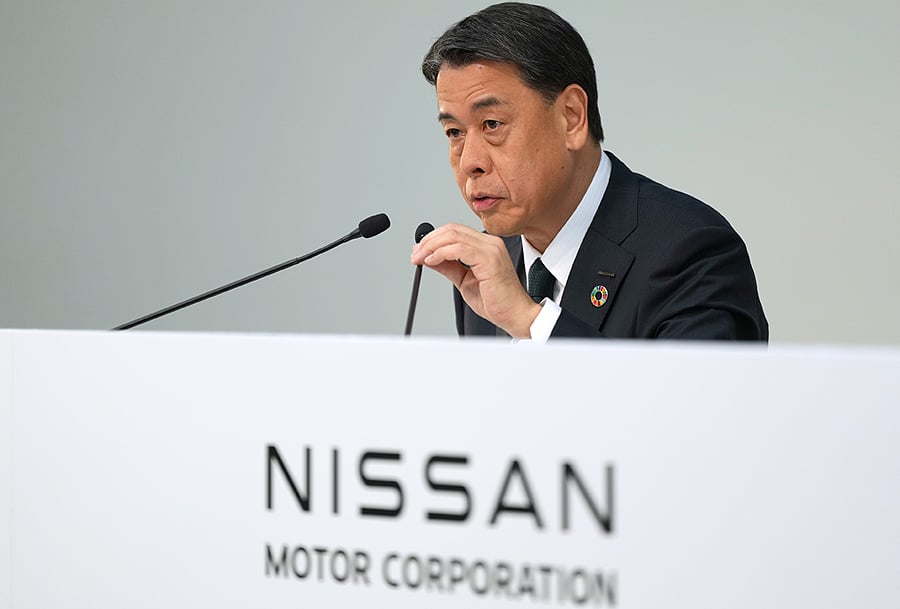
Will China become a global export base for Nissan? Nissan’s sales in China dropped 46 percent in the last quarter. What will the automaker to do with all that extra capacity? Nissan CEO Makoto Uchida said emergency measures are necessary to address the decline. “We need to enhance the cost competitiveness and enrich the lineup at the same time. This will determine our survival in China,” Uchida said. In response to the slump, Nissan will speed the introduction of so-called new energy vehicles, as full EVs and plug-in hybrids are categorized in China. And it’s considering an export strategy that would have Nissan join a growing group of international manufacturers using the country as a global export base. Automotive News looks at Nissan’s challenge and China’s growing role on the world auto export stage.
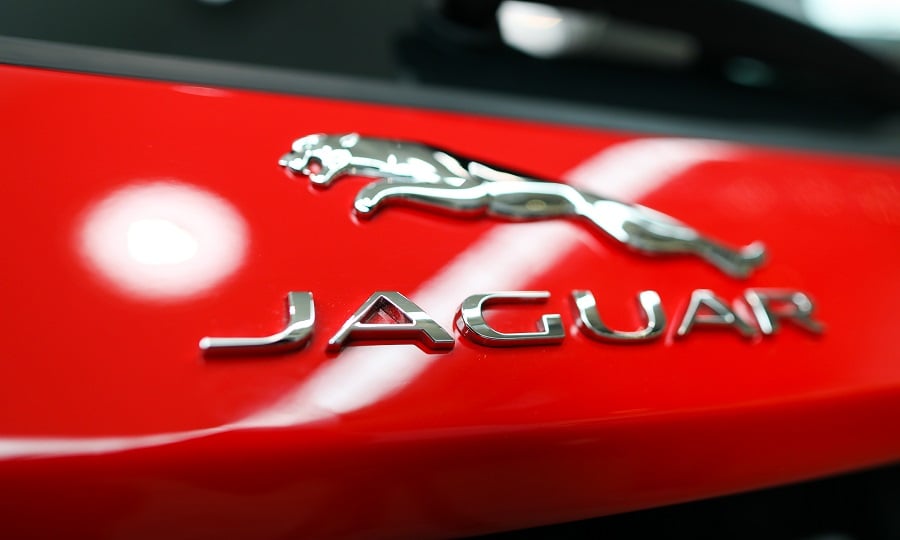
Jaguar targets U.S. millionaires in rebranding plan: Jaguar wants to rebrand itself and reduce its model offerings to bring back the glory days of the luxury brand. Jaguar’s goal: compete with Bentley and Porsche rather than Mercedes-Benz and BMW. “There are 20 million millionaires in the U.S. alone,” CEO Adrian Mardell said. “So, a lower volume, higher price positioning is absolutely the right position for Jaguar today.” Before Ford acquired Jaguar Land Rover in 1989, Jaguar attracted a much richer customer. Ford’s effort to boost volume came at the cost of losing its deep-pocketed clientele. JLR Chief Creative Officer Gerry McGovern promises reimagined future models that will “shock and … be fearless.” They’ll also be pricey. The first model of Jaguar’s new era will be a full-electric four-door GT, starting at $129,000, slated to go on sale in 2024. Automotive News looks at the lineup and the business model the company is planning to use to court America’s wealthiest car buyers.
 |
|---|
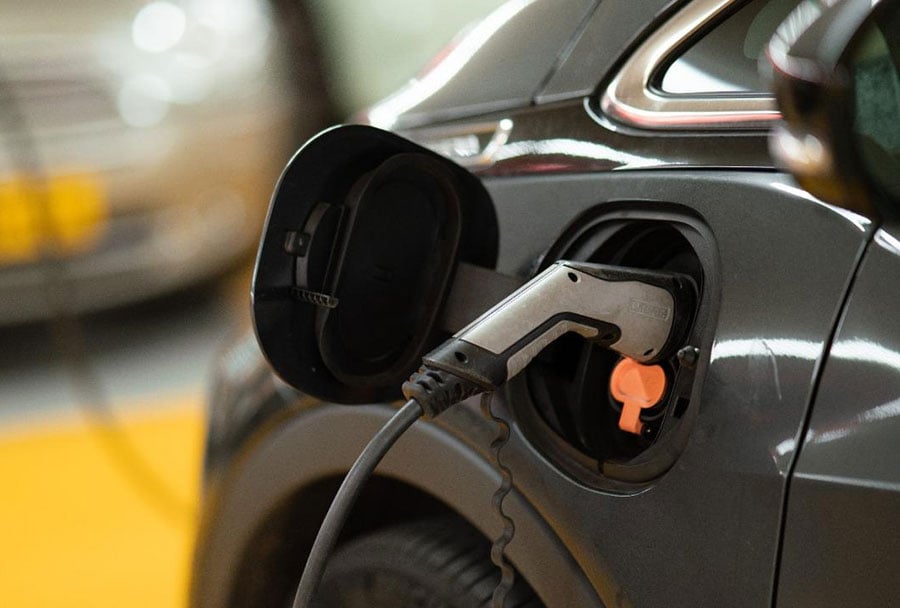 Tesla competitors float new charging network plan: Imagine tens of thousands of charging stations in American cities and along major highways, built out like gas stations with restrooms, food service and retail operations. That’s on the drawing board for the new company a group of leading automakers announced it plans to form to take advantage of Biden administration subsidies. The group includes GM, Stellantis, Hyundai and its Kia affiliate, Honda, BMW and Mercedes-Benz — brands representing about half of U.S. vehicle sales but only a small share of the Tesla-dominated EV market. Tesla has the largest network of fast chargers in the U.S., and the company’s recent decision to open its charging network to other EV makers has raised concerns its influence over the direction of EV charging will only accelerate. While some EV makers have agreed to plug into Tesla’s charging network, this new, yet-to-be-named entity aims to become North America’s leading fast charging provider. Automotive News looks at the competition ahead.
Tesla competitors float new charging network plan: Imagine tens of thousands of charging stations in American cities and along major highways, built out like gas stations with restrooms, food service and retail operations. That’s on the drawing board for the new company a group of leading automakers announced it plans to form to take advantage of Biden administration subsidies. The group includes GM, Stellantis, Hyundai and its Kia affiliate, Honda, BMW and Mercedes-Benz — brands representing about half of U.S. vehicle sales but only a small share of the Tesla-dominated EV market. Tesla has the largest network of fast chargers in the U.S., and the company’s recent decision to open its charging network to other EV makers has raised concerns its influence over the direction of EV charging will only accelerate. While some EV makers have agreed to plug into Tesla’s charging network, this new, yet-to-be-named entity aims to become North America’s leading fast charging provider. Automotive News looks at the competition ahead.

Fires risk turning EV progress to ash: As the nation transitions to electric transportation, fires have shadowed new technology — from the scrappiest e-bikes to the fanciest Teslas. Fires are an additional challenge for the electro-mobility industry, which already faces cost concerns and infrastructure issues. Not only are these high-profile blazes claiming lives, they risk turning electric progress to ash.

Next-generation Chevy Bolt to have Ultium battery: GM plans to build a next-generation Chevy Bolt electric vehicle based on the automaker’s Ultium battery platform. The automaker announced the next-generation product just three months after saying the current model would be discontinued at the end of 2023. No details are available on when the new Bolt will hit the market.
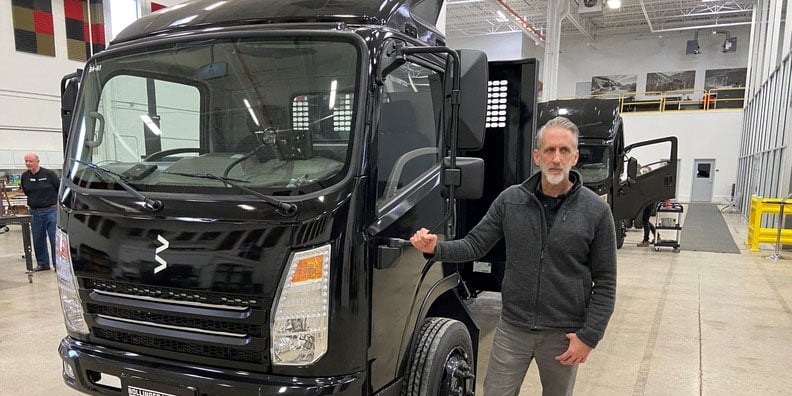
Bollinger Motors plans $44M expansion near Detroit: The electric truck startup is planning a major expansion at its Detroit area manufacturing plant and headquarters that would create 237 jobs. The company is preparing to launch production of its first vehicle, a Class 4 EV, in the first half of 2024, according to a memo from the Michigan Economic Development Corp.
 |
|---|
|
|---|
 |
|---|
 |
|---|
 |
|---|
July 30, 1863: Henry Ford is born. More than any other, his name means cars. He built the Model T and put the world on wheels.

